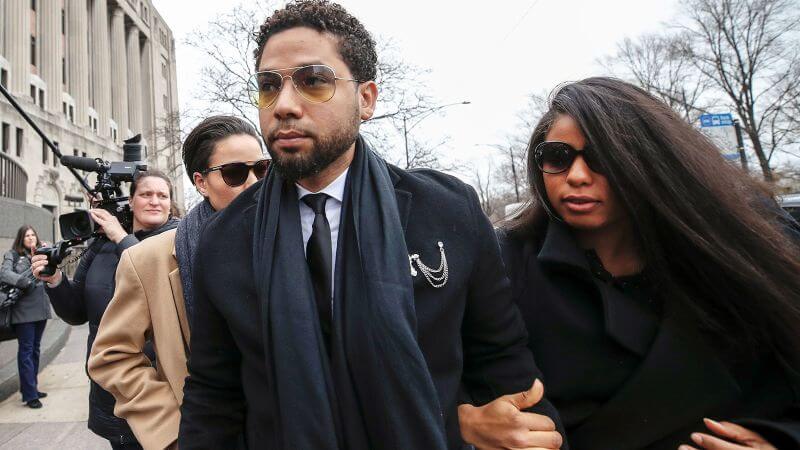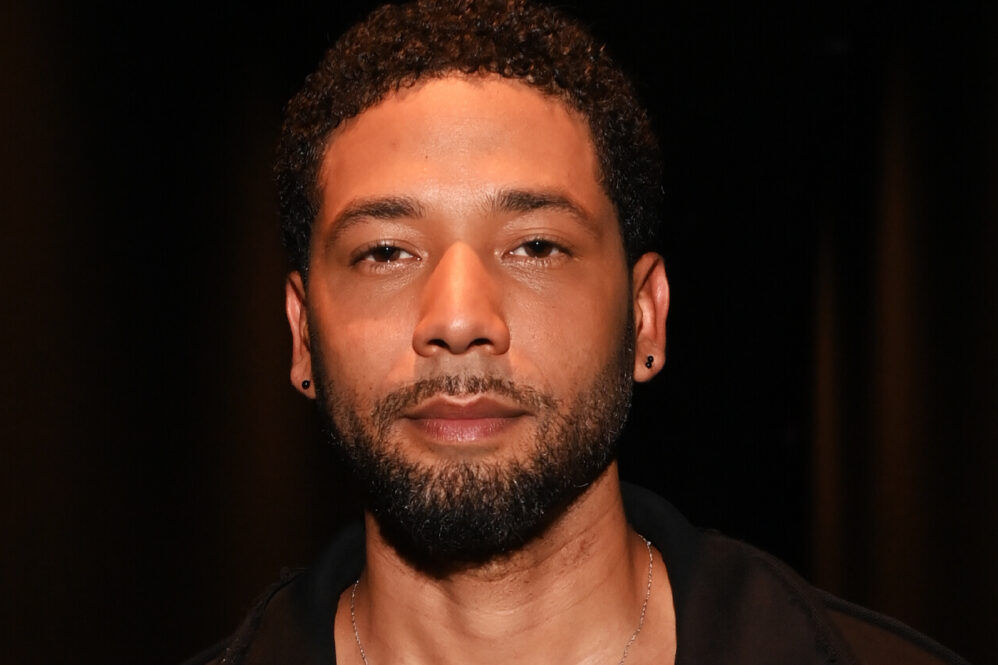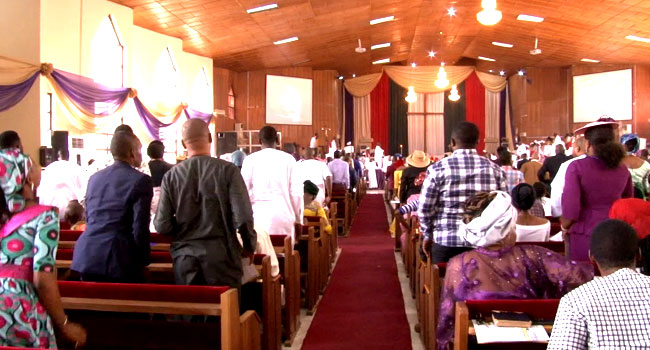The Illinois Supreme Court has made a landmark decision, overturning Jussie Smollett’s conviction for allegedly staging a hate crime in 2019.
Background of the Case
Jussie Smollett, an American actor and singer, reported being the victim of a hate crime in Chicago in January 2019. He claimed that two masked men had attacked him, using racist and homophobic slurs.
The Investigation and Conviction
An investigation by the Chicago Police Department revealed that Smollett had allegedly orchestrated the attack himself, with the help of two acquaintances. Smollett was initially charged with disorderly conduct for filing a false police report.
The Appeal and Ruling

Smollett’s defense team appealed the conviction, arguing that he should not have faced charges after the Cook County State Attorney’s Office dropped the initial charges. The Illinois Supreme Court sided with Smollett’s defense, overturning his conviction.
Reactions to the Ruling
Chicago Mayor Brandon Johnson expressed disappointment with the ruling, stating that it “sends the wrong message” about accountability. Critics argue that the ruling sets a dangerous precedent, allowing individuals to fake hate crimes without facing consequences.

Implications of the Ruling
The Illinois Supreme Court’s decision has significant implications for the justice system and public trust. It highlights the complexities of legal agreements and the challenges of holding individuals accountable for their actions.

















